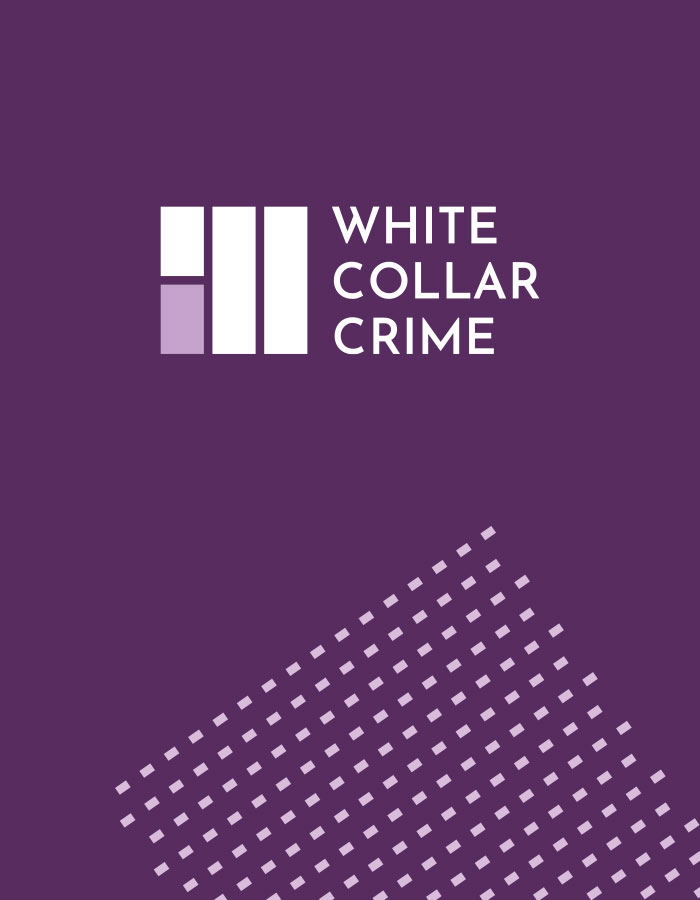Speed read: Anita Clifford examines the connection between bribery and tax evasion in circumstances where there may be reluctance to commence a bribery prosecution.
When it was introduced in 2010, the Bribery Act 2010 was billed as a testament to the UK wanting to “play a leading role in stamping out corruption” worldwide. This is because, as the foreword to the Ministry of Justice’s Guidance on the Act states, “everyone agrees bribery is wrong”. However, whilst the Bribery Act 2010 represents the gold standard when it comes to anti-bribery legislation, worldwide unanimity that bribery, in all its forms, should attract criminal sanction is elusive. Questions are often asked, particularly in countries seeking to develop their own bribery legislation, about whether bribery of low-level public officers should be a crime owing to the perception that it is not sufficiently serious, whether bribery in the private sector should be criminalised just the same as in the public sector and whether small sweeteners given to ‘ease’ the commercial path really ought to be construed as a bribe.
Conversations of this kind highlight that a bribe in one person’s eyes is not necessarily a bribe in another’s. Further, even if there is agreement that something is a bribe, whether or not that should attract prosecution or even investigation can be up for debate, particularly in countries where public officials are lowly paid and there is a degree of social acceptance of facilitation payments. Although a major argument in support of a zero-tolerance approach to bribery, whatever the domestic or cultural context, is that it fundamentally hinders economic development and destabilises political and legal structures, this message is susceptible to being overshadowed by concerns about other seemingly more pressing enforcement priorities such as fighting fraud, organised crime or, more recently, tax cheating.
The recipient as a tax evader
In point of fact, the arguments concerning the status of a payment can often be circumvented by viewing the payment through the prism of tax evasion, and better understanding the intersection between bribery and tax evasion. Certainly, this would encourage greater investigation and prosecution of bribery-related activity. The connection itself is very simply illustrated. When, for instance, a person receives a payment intended to influence their decision making or perhaps to cause the disclosure of confidential information, this is, by definition, a form of income. A failure to declare to the tax authority all income, whether legitimate or illegitimate, so that a tax liability can be properly assessed necessarily exposes a person to criminal liability for tax cheating. The fact that the payment may be ‘off the books’ and in fact derive from criminal activity is none to the point. The obligation to accurately declare all income remains.
Corporate ‘expenses’
Potential liability for tax evasion extends to the payer of the bribe too. Where a company seeks to disguise a bribe to an intermediary in the form of, for example, consultancy fees, this will be treated as a company expense and, consequently, will serve to reduce the company’s tax liability. The position, however, is fundamentally dishonest as the payment is not a legitimate outgoing and, as such, ought not to be offset against the company’s tax obligations. A criminal investigation into tax evasion – alongside bribery, of course – would be available.
Conclusion
These brief examples serve to illustrate that a bribe can, in many cases, ground a prosecution for other offences which perhaps may be higher up the criminal justice priority list. Specifically, understanding the close links between bribery and tax evasion may serve to overcome resistance in some quarters to investigating bribery owing to a lack of agreement over what constitutes a bribe and in what circumstances the payment of a bribe should attract criminal sanction. Whilst for some, conversation of this kind might seem uncoordinated with anti-bribery legislation, presenting ways to work through the debate is the first step.
The content of this post was delivered on a recent trip to Albania by Jonathan Fisher QC, Lead Counsel of Bright Line Law, and Anita Clifford, Senior Associate, when leading two days of lectures and workshops on anti-money laundering and anti-bribery frameworks and prosecution models to senior Albanian judges and prosecutors. Bright Line Law is pleased to be a pro bono partner of the International Senior Lawyers Project.







